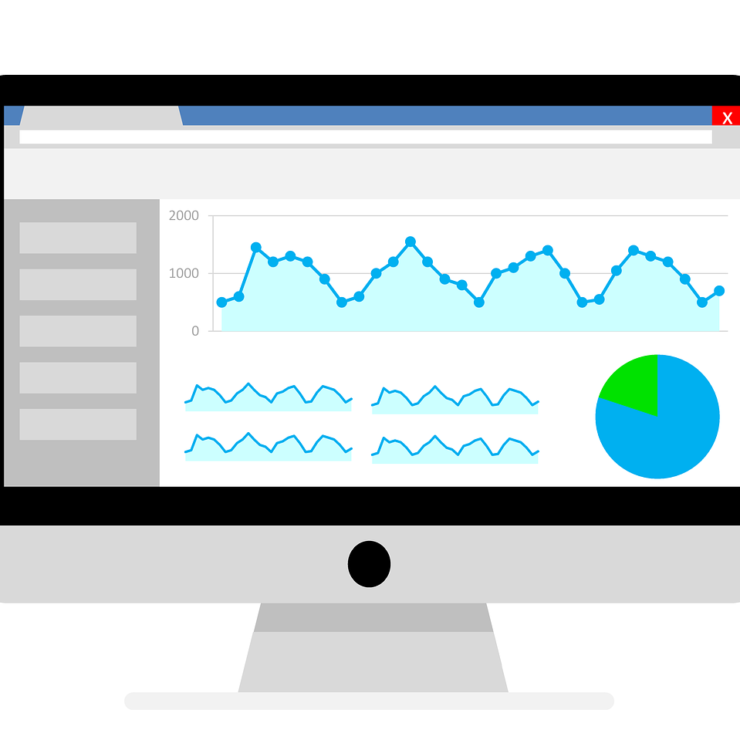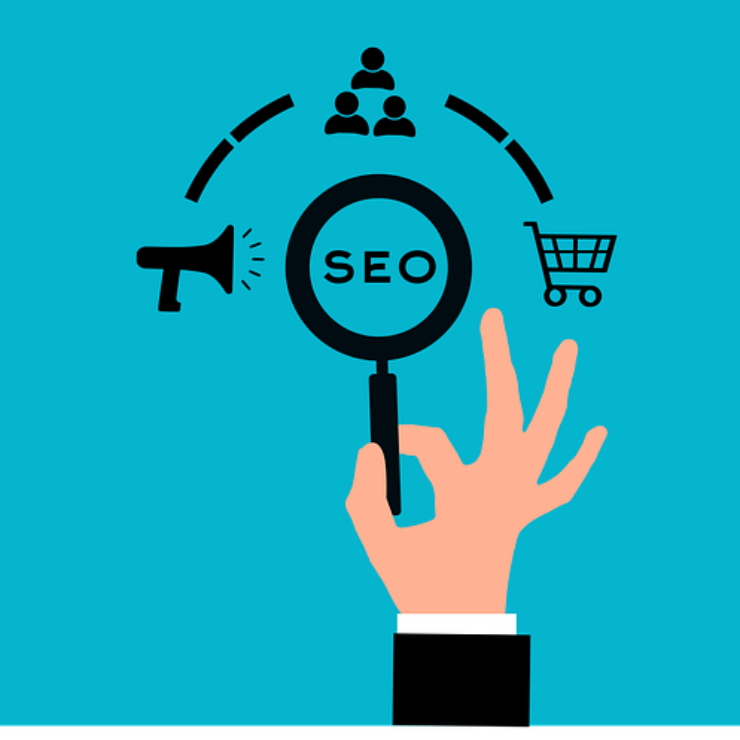D2C (Direct-to-Consumer) marketing has become a popular approach for businesses to reach their customers. This marketing strategy involves companies selling their products directly to consumers without intermediaries such as retailers or wholesalers.
D2C marketing has gained popularity in recent years due to the rise of e-commerce and the increasing demand for personalized shopping experiences.
One of the main advantages of D2C marketing is that it allows businesses to have more control over their brand and customer experience, a crucial aspect to consider when strategizing to make your first ecommerce sale.
By selling directly to consumers, companies can ensure that their products are presented in a way that aligns with their brand values and messaging. This can help to build brand loyalty and create a stronger connection between the business and its customers.
Additionally, D2C marketing allows businesses to collect valuable data on their customers, which can be used to improve their products and marketing strategies.
Direct Customer Relationships
One of the primary advantages of D2C marketing is the ability to establish direct relationships with your customers. This allows you to gain a better understanding of their needs, preferences, and behaviors, which can help you tailor your marketing efforts to better meet their needs.
Personalized Marketing
One of the key benefits of direct customer relationships is the ability to offer personalized marketing.
By collecting data on your customers’ preferences and behaviors, you can create targeted marketing campaigns that are more likely to resonate with your audience, especially when marketing to enterprise customers.
This can help you increase the effectiveness of your marketing efforts and improve your overall ROI.
Customer Feedback and Data
Another advantage of direct customer relationships is the ability to collect valuable feedback and data from your customers.
By engaging with your customers directly, you can gain insights into their experiences with your products or services, as well as their overall satisfaction levels.
This can help you identify areas for improvement and make data-driven decisions that can help you grow your business, particularly when seeking marketing insights for SMBs.
Operational Efficiency
Direct-to-consumer (D2C) marketing is a strategy that involves selling products directly to consumers without intermediaries. This approach offers several advantages, including operational efficiency.
By eliminating intermediaries, you can streamline your supply chain and reduce costs, which can lead to higher profits.
Supply Chain Control
With D2C marketing, you have complete control over your supply chain.
You can manage every aspect of the production process, from sourcing raw materials to delivering finished products to customers.
This level of control allows you to optimize your supply chain and ensure that products are delivered on time and in good condition, meeting customer needs crucially.
One of the biggest advantages of supply chain control is the ability to respond quickly to changes in demand.
If you notice an increase in demand for a particular product, you can quickly ramp up production to meet the demand.
Conversely, if demand drops, you can scale back production to avoid excess inventory.
Cost Reduction
D2C marketing can also help reduce costs. By eliminating intermediaries, you can avoid the costs associated with wholesaling and retailing.
This can lead to lower prices for customers, which can increase sales and customer loyalty.
In addition, D2C marketing allows you to reduce marketing costs.
Instead of relying on intermediaries to promote your products, you can use social media and other digital marketing channels, particularly viral content marketing, to reach customers directly.
This can be more cost-effective than traditional marketing methods and can help you reach a wider audience.





 Get Sala Now
Get Sala Now